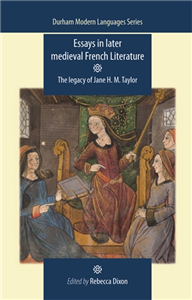Contrappunto House of Books Literary Agency
Contrappunto House Of Books accompanies its authors in every aspect of their publishing journey: review and editing of the manuscript, negotiation with potential publishers, promotion, press and communication office. Thanks to its professional staff, the company covers the entire publishing chain, providing authors with a path that combines the creative aspect of writing with editorial and commercial ones. Contrappunto House Of Books goes beyond the traditional concept of a literary agency, working on the development of the Personal Branding of each author. The Agency also works along with publishers on the promotion of their catalogs, enhancing the "mission" of each brand. From the work on the text to that of promotion, from the organization of events to the participation in book fairs, Contrappunto traces an original path for each individual author.
View Rights Portal
























